Synopsis
The Nanobionics Research Division of SINANO is committed to develop new ideas, principles, and methodologies for engineering technologies by seeking inspiration from nature and mimicking the biological world. Nanobionics Research Division aims to become a leading institute in bionic research. We emphasize the combination of nanotechnologies with bionic research. Our current research projects include NMR and nanotechnologies, advanced thermal nanomaterials and devices, Biomimetic Materials and Biosensing Technology, Microfluidic chip analysis technology, etc.
The division is consisted of 4 research teams with over 50 staffs and graduate students.
Research Areas
1. NMR and nanotechnologies
Obtain insight into the functional mechanisms of in vitro & in vivo self-assembled magnetic nanomaterials at various biological/cellular interfaces in attempt to develop new MRI materials and technologies for in vivo tracking of stem cell transplants and for MRI of tumors. Develop new structures of drugs to improve drug bioavailability and efficiency.
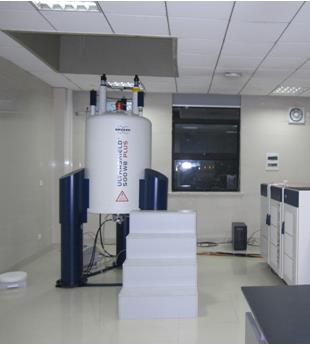
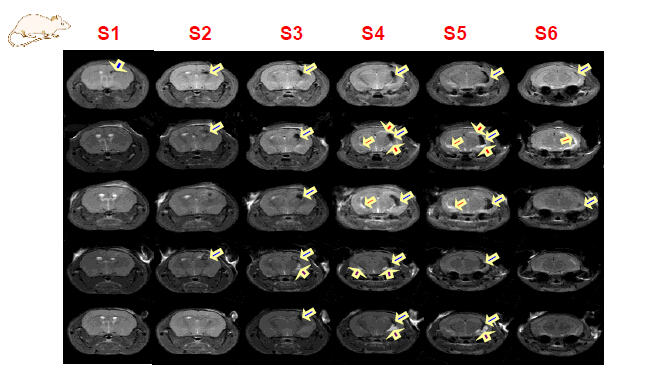
2. Advanced thermal nanomaterials and devices
Inspired by the anti-adhesion and super-wettability properties of biological surfaces, the research interest of our team focuses on designing and developing innovative biomimetic nanomaterials with high-efficiency condensation mass and heat transfer function and related devices, which have potential applications in the field of high-efficiency electronic cooling and energy utilization. Recently, bio-inspired surface nanomaterials with condensate microdrop self-propelling function have been realized, which is expected to develop enhanced energy-effective and new-generation aluminum fin heat exchanger. Another breakthrough has also been achieved on efficient condensation and boiling heat transfer of metallic nanomaterials, which provides enlightening design for high performance phase change of thermal control devices. Our research scope, involving multiple disciplines of interfacial physiochemistry, material science and thermal physics, belongs to an emerging frontier of nanoscience and nanotechnology.
3. Microfluidic chip analysis technology
Inspired by biological phenomena in nature, this research team is dedicated to develop the research of microfluidic chip and biosensing technology in the fields of environmental protection, medical diagnosis and food safety on industrial application.
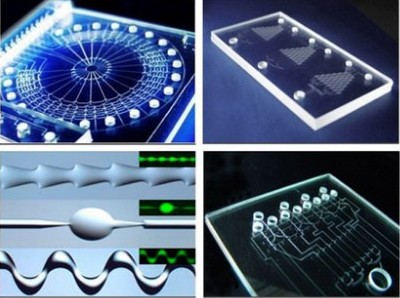
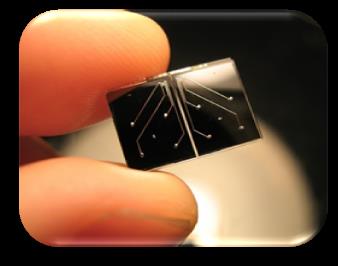
4. Biomimetic Materials and Biosensing Technology
The mission of this research team is "Science for Industry", aiming to turn fundamental but applied science into industrial practice including:
Cardiovascular – bioresorbable stent, artificial heart, etc.
Orthopaedic – load bearing artificial joints and soft tissue enigeering
WoundCare – specifically on infection and related topics
Cosmetics and Personal Care - toothpaste, skin care, hair care and sun care
Biosensors Hospitals, POC and home uses; biosensors such as glucose, cholesterol, triglyceride, HbA1c (glycosylated haemoglobin), uric acid, lactate, H2O2, blood gas, bacterial etc.
Laboratorial and facilities
Nanobionics research division has currently 2000 m2 laboratories equipped with state-of-the-art-instruments, such as NMR, FESEM, Bio-AFM, HPLC, contact angle measurement, electrochemical work stations, optical characterization, etc.
|
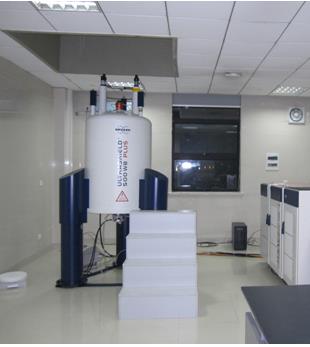
500MHz NMR |
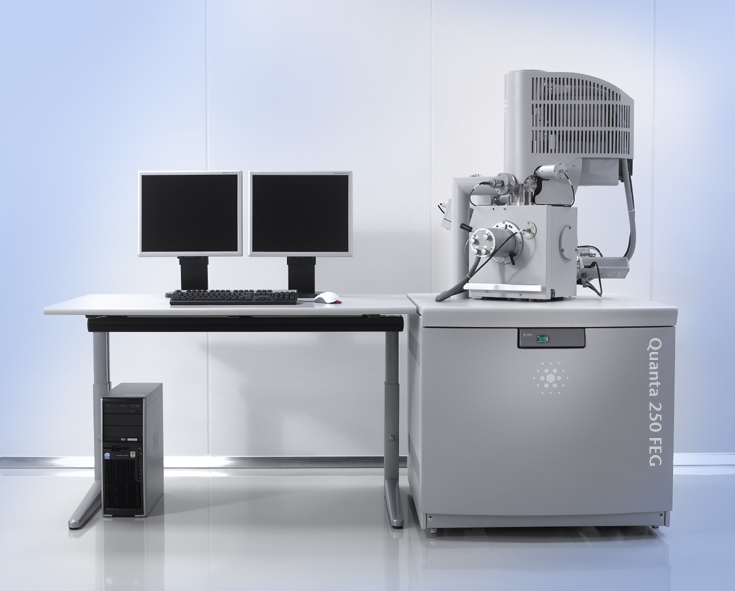
Quanta 250 FESEM |
|
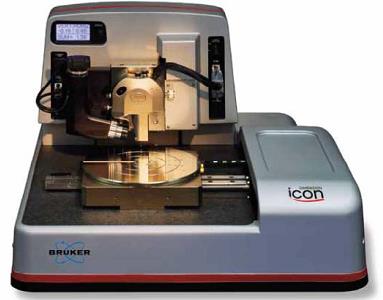
Dimension Icon Bio-AFM |
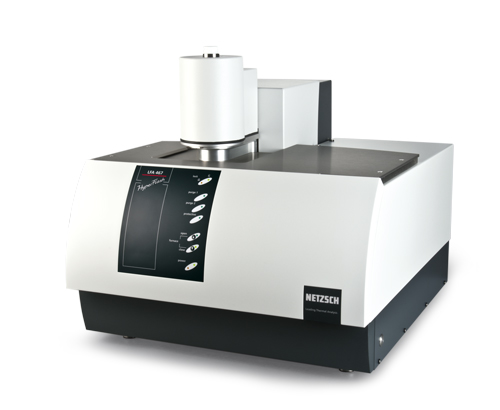
Laser thermal analyzer |
|
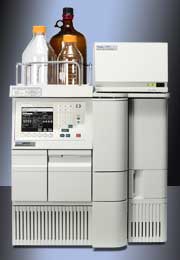
Waters 2535q HPLC |
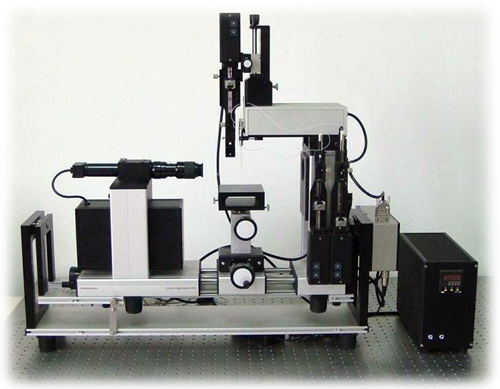
Dataphysics OCA20 |
|

Autolab PGSTAT 302N |
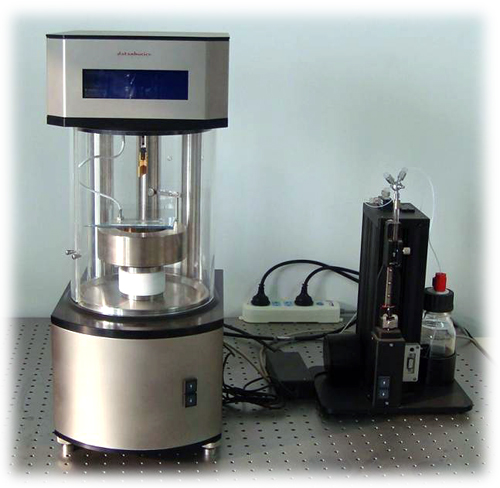
Dataphysics DCAT21 |
Contact Information:
Prof. DENG Zongwu
Tel: +86-(0)512-62872559
Fax: +86-(0)512-62603079
E-mail: zwdeng2007@sinano.ac.cn
Address: Nanobionics Research Division
Suzhou Institute of Nano-Tech and Nano-Bionics (SINANO), CAS
398 Ruoshui Road, Suzhou, 215123

